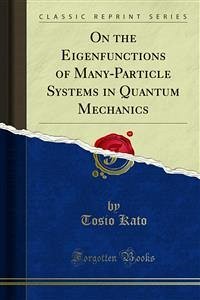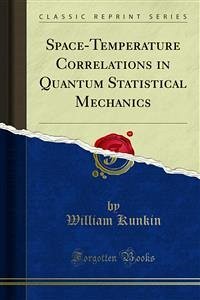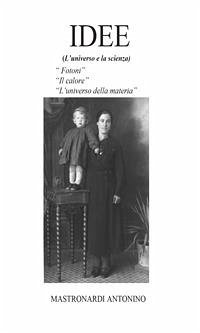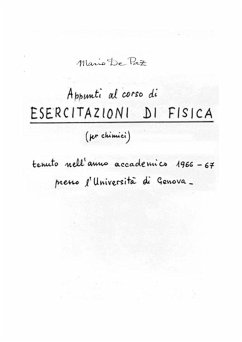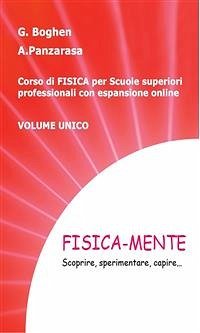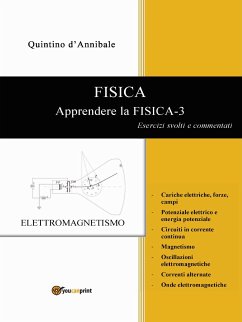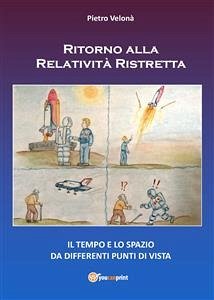
Quantum Mechanics is incomplete and not paradoxical (eBook, PDF)

PAYBACK Punkte
0 °P sammeln!
This work, by starting from the fundamental principles of Quantum Mechanics, demonstrates, in a scientifically rigorous way, that Quantum Mechanics is incomplete and not paradoxical. In particular, this treatment demonstrates that two physical quantities, which are described by operators that do not commute between them, exist, in any case, simultaneously relatively to a same physical system. Therefore, this work demonstrates that Quantum Mechanics is incomplete, in the sense that the quantum wave function of a physical system does not describe completely the physical state of the physical sys...
This work, by starting from the fundamental principles of Quantum Mechanics, demonstrates, in a scientifically rigorous way, that Quantum Mechanics is incomplete and not paradoxical. In particular, this treatment demonstrates that two physical quantities, which are described by operators that do not commute between them, exist, in any case, simultaneously relatively to a same physical system. Therefore, this work demonstrates that Quantum Mechanics is incomplete, in the sense that the quantum wave function of a physical system does not describe completely the physical state of the physical system. Moreover, this treatment demonstrates that the conservation of energy is valid also in the interactions that are described by Feynman diagrams. Finally, this work demonstrates that the principle that everything that is not intrinsically necessary has a cause is valid also in the field of application of Quantum Mechanics.



